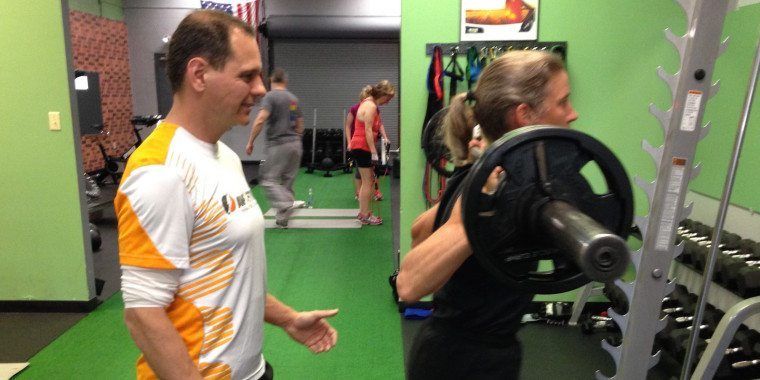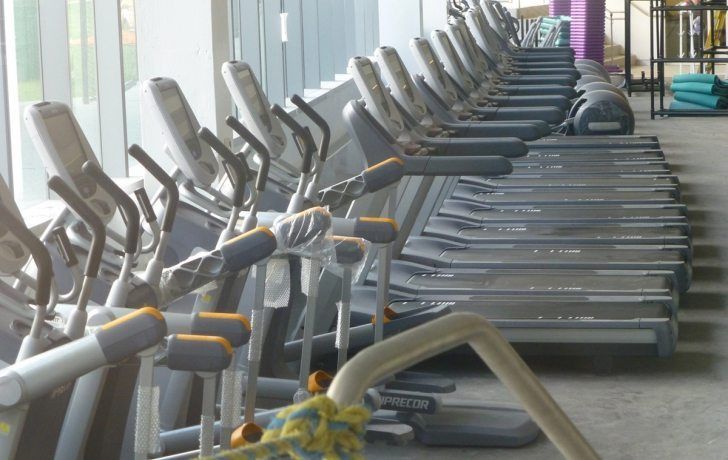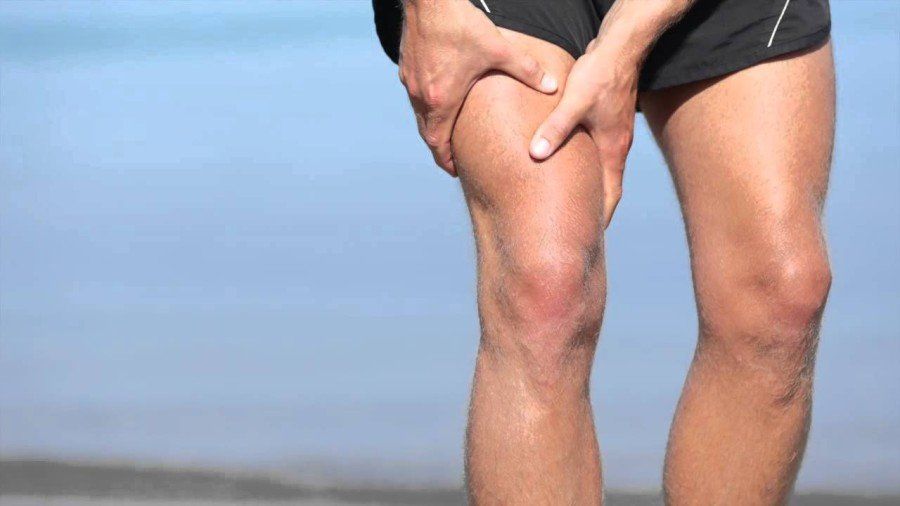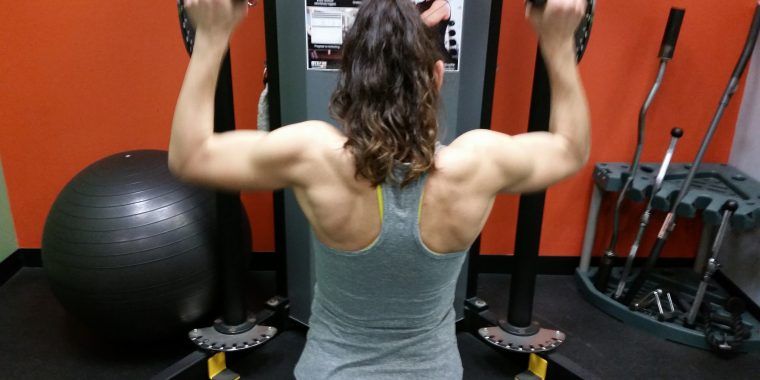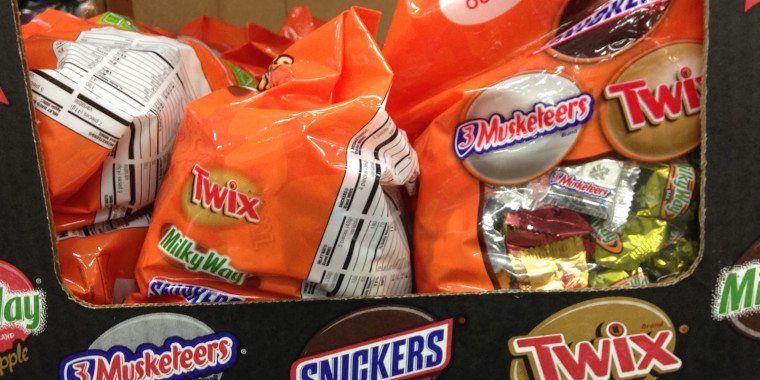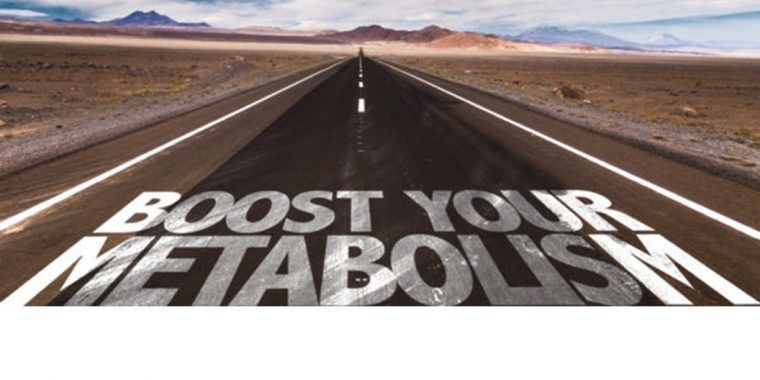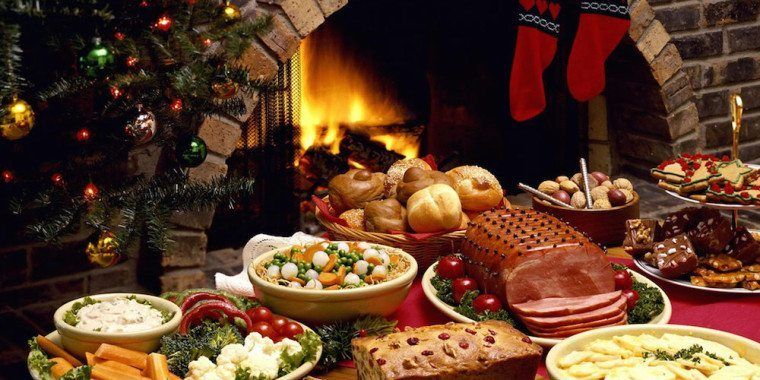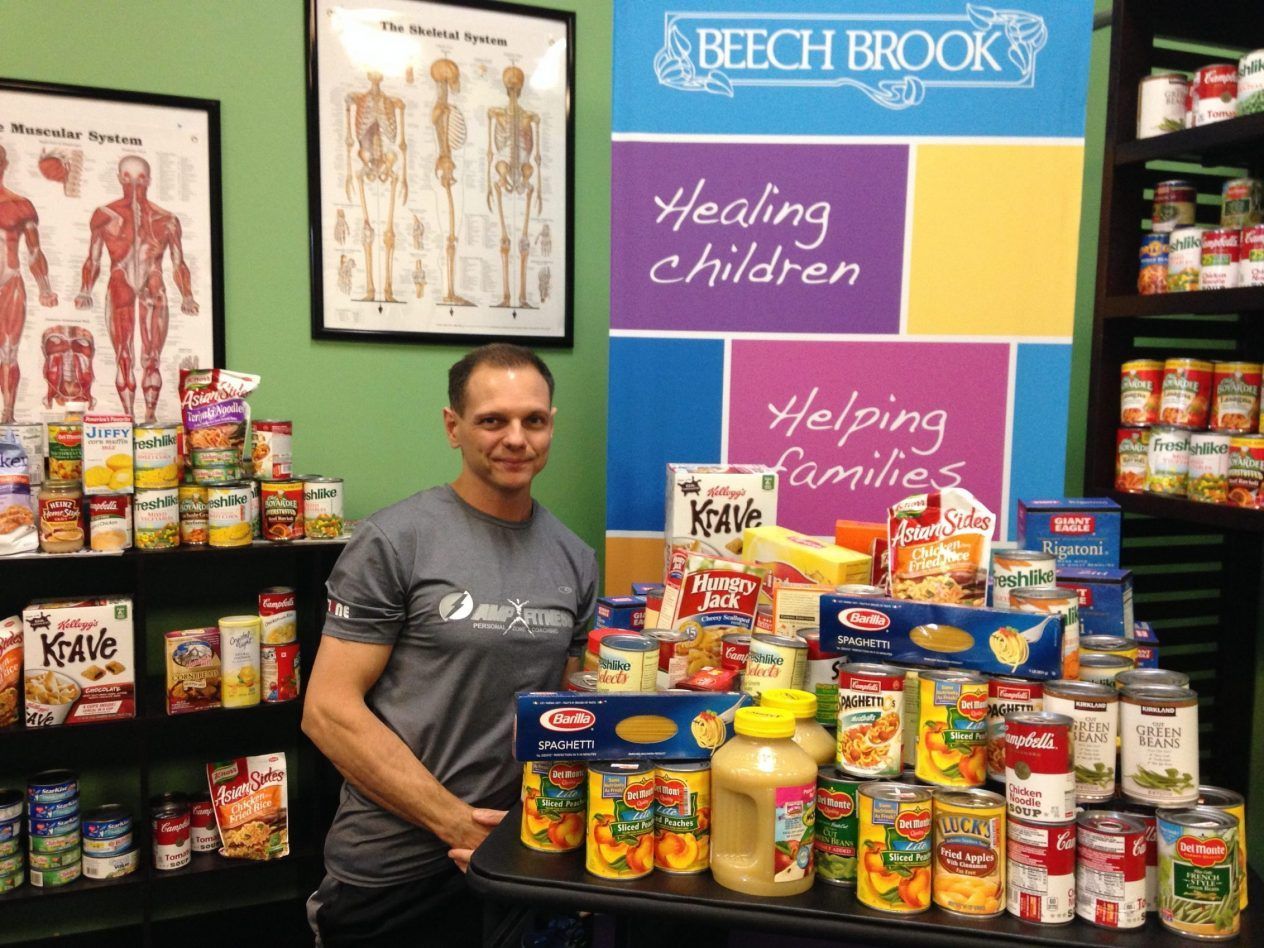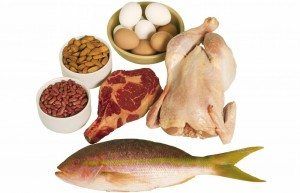We’ve all heard that it’s important to make protein a part of our daily diet, but why? Furthermore, how much do we need? And what are the best sources?
Every part of the human body contains protein, one of the main, or macro nutrients that gives it energy. All proteins are made up of different combinations of amino acids that are regularly broken down and reassembled to repair and replenish cells. A diet low in protein can cause malnutrition and lead to tissue (especially muscle) loss as well as other health problems.
According to an article at U.S. News & World Report, women over the age of 18 need at least 46 grams of protein each day, while men should consume at least 56 grams daily.
To help you do the math, one ounce of protein is equivalent to around seven grams of protein. So a 5-ounce serving of chicken, for example, provides 35 grams of protein.
Knowing how much protein you need is important when comparing our needs to the information provided on food labels. Energy bars and protein drinks that claim to be a good source of protein — yet contain just a gram or two — are basically bogus, and if sugar appears at the top of their ingredient list, they will more likely zap your energy than provide it.
To give you an idea of what to look for, here are examples of the amount of protein in certain foods:
A cup of milk has 8 grams of protein.
A three-ounce piece of meat (the size of a deck of cards) has about 21 grams of protein.
A cup of dry beans has about 16 grams of protein.
An eight-ounce container of yogurt has about 11 grams of protein, and Greek yogurt really packs a protein punch with double that amount.
For more examples, check out this chart of protein food groups at choosemyplate.gov.
Protein is plentiful in our food supply. There is protein in animal products, such as meat, poultry, eggs and fish; in dairy products such as cheese, milk and yogurt; and in plant foods such as tofu, beans, peas and nuts and seeds. Quinoa is a grain that is also rich in protein, with other grains providing smaller — but still important — amounts. In general, 10 to 35 percent of your daily calories should be derived from protein sources.
It is also best to include lean protein like white instead of dark meat chicken, as well as cuts of meat where fat isn’t surrounding the meat. Leaner sources will give you the best bang for your buck without including as much harmful saturated fat and cholesterol.
By starting your day with a protein-packed meal, such as an omelet or yogurt with added nuts, you’ll also likely stabilize your blood sugar levels and feel satisfied well into the morning.
Protein is also an important key to your weight-loss plans. According to myfitnesspal.com, the following are five ways that protein can be an asset if you are looking to lose weight.
Protein satisfies & saves calories. In the beginning of your weight loss journey, protein is important because it helps you feel fuller longer. Having protein around slows down digestion making us more satisfied and less likely to go back for seconds. If this happens over the course of multiple days your calorie savings can help with weight loss.
Protein curbs carb highs and lows. Often when you come off a sugar high you will make food decisions that you will later regret. Pairing protein with carbohydrate-rich foods slows down the absorption of sugar from your stomach into your bloodstream, which may help keep your blood sugar from skyrocketing and ward off future cravings.
Protein requires more of your energy. The “thermic effect of food” (TEF) is the energy we use to digest food into small, absorbable components. Protein has a higher TEF compared to carbs and fat meaning you’re actually burning more calories to process protein than to process the other two.
Protein fuels fat burning. It may be surprising, but it is a scientific fact that your body cannot effectively burn and use fat as energy if it doesn’t have help from either carbohydrate or protein. As you are losing weight, your body loses both muscle and fat. During this process it is especially important that you continue to eat enough protein in your diet. Having adequate protein coming in from your food fuels fat burning while preserving calorie-burning lean muscle.
Protein promotes muscle repair and growth. Your protein needs increase especially after bouts of intense exercise so increasing your protein intake on days that you exercise is beneficial. Additionally, if you strength train consider having a high protein snack right after a training session when the muscle is sensitive to nutrients that it can use to repair and grow.
One important thing to realize is eating more protein alone won’t necessarily help you shed excess weight in a healthy way. When consumed in excessive amounts it can still lead to weight gain much like eating excess carbs or fat would, and could put unnecessary strain on the kidneys over a long period of time.
However, including a proper amount of protein in your meals and snacks will help you squelch hunger until your next meal, which is key to preventing unnecessary between-meal snacking, as well as weight gain caused by overeating. For example, a dinner consisting of a small amount of pasta with veggies will not stick to your ribs as readily as that same dish with some cubes of chicken, grated cheese or beans added to it.
